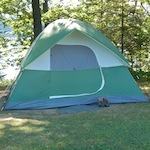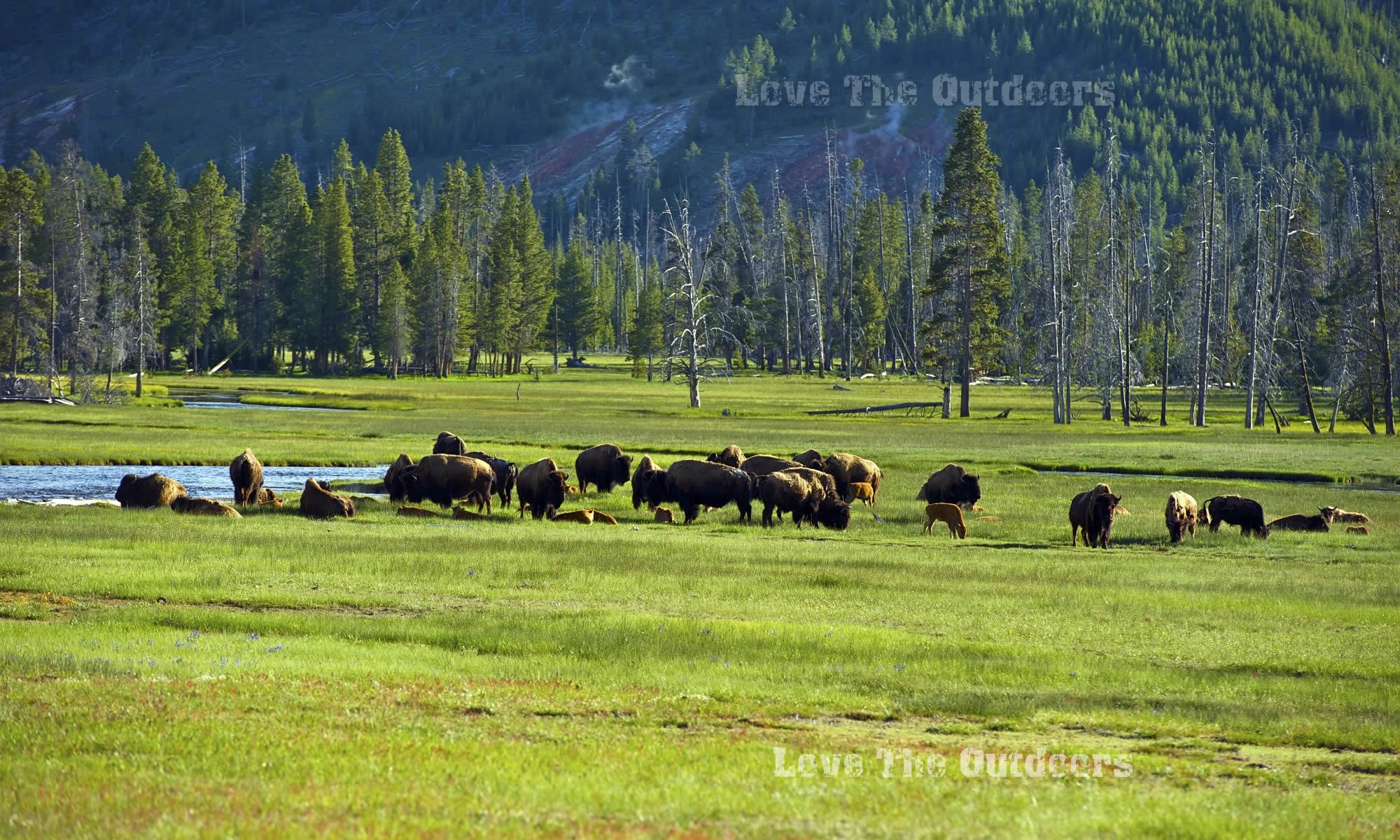Though many find the outdoors to be a place for peace, rest, and relaxation – actually getting to sleep while camping can be pretty difficult. There’s no cozy beds or temperature controls to help lull you to sleep, just you, your tent, and a sleeping bag. But even the fussiest sleepers can find a way to get some good quality shut eye when camping. A little preparation is all it takes to ensure that your nights spent in the outdoors are restful ones. Here are a few tips to help you sleep better outside the confines of your home.
Consider bringing a sleeping pad
 For those who prefer to camp light or backpack, carrying a cumbersome sleeping pad might seem out of the question. But it might actually be worth bringing one along for a couple of reasons. Most obviously, of course, is the fact that ground is in general hard. When you’re on your feet, you don’t notice the dirt clumps and pebbles buried shallowly in the soil – but you will when you’re laying down. A sleeping pad will all but eliminate those minor uneven spots that can be so troublesome when you’re trying to catch some Z’s. Second, and less obvious, is the coldness of the ground. When you’re lying on dirt that’s colder than your body temperature, it will suck warmth from your body as you lay there. A sleeping pad can solve this problem by acting as an extra insulator, separating your body from the heat-sapping ground surface.
For those who prefer to camp light or backpack, carrying a cumbersome sleeping pad might seem out of the question. But it might actually be worth bringing one along for a couple of reasons. Most obviously, of course, is the fact that ground is in general hard. When you’re on your feet, you don’t notice the dirt clumps and pebbles buried shallowly in the soil – but you will when you’re laying down. A sleeping pad will all but eliminate those minor uneven spots that can be so troublesome when you’re trying to catch some Z’s. Second, and less obvious, is the coldness of the ground. When you’re lying on dirt that’s colder than your body temperature, it will suck warmth from your body as you lay there. A sleeping pad can solve this problem by acting as an extra insulator, separating your body from the heat-sapping ground surface.
Set out clothing layers before you hit the sack
One of the biggest difficulties associated with trying to sleep in the outdoors is body temperature regulation. Depending on the season location, you’ll either wake up shivering or struggle to fall asleep because you’re sweating bullets. Scientific studies done on sleep have concluded that a falling body temperature is strongly correlated with being able to fall asleep. So try wearing a reasonable minimum amount of clothing to bed, allowing your body temperature to fall. If you get cold through the night, you can simply add a sweatshirt or pair of pajama pants to regulate your body temperature.
Take extra steps to mitigate heat and cold
When camping in the summer months, a cold damp towel on the forehead works wonders in helping you to avoid that uncomfortably hot feeling. When sleeping on a campsite in the winter, meanwhile, experienced campers often do a few jumping jacks right before bed to raise their body temperature and stay warm as they drift off.
Though your campsite definitely lacks certain comforts of home, there’s no reason that each trip has to include sleepless nights. With the right sleeping gear and a few of the aforementioned tricks, you’ll be sleeping like a baby in the outdoors. Just be sure not to sleep in too late – there are full days of outdoor fun to look forward to!

